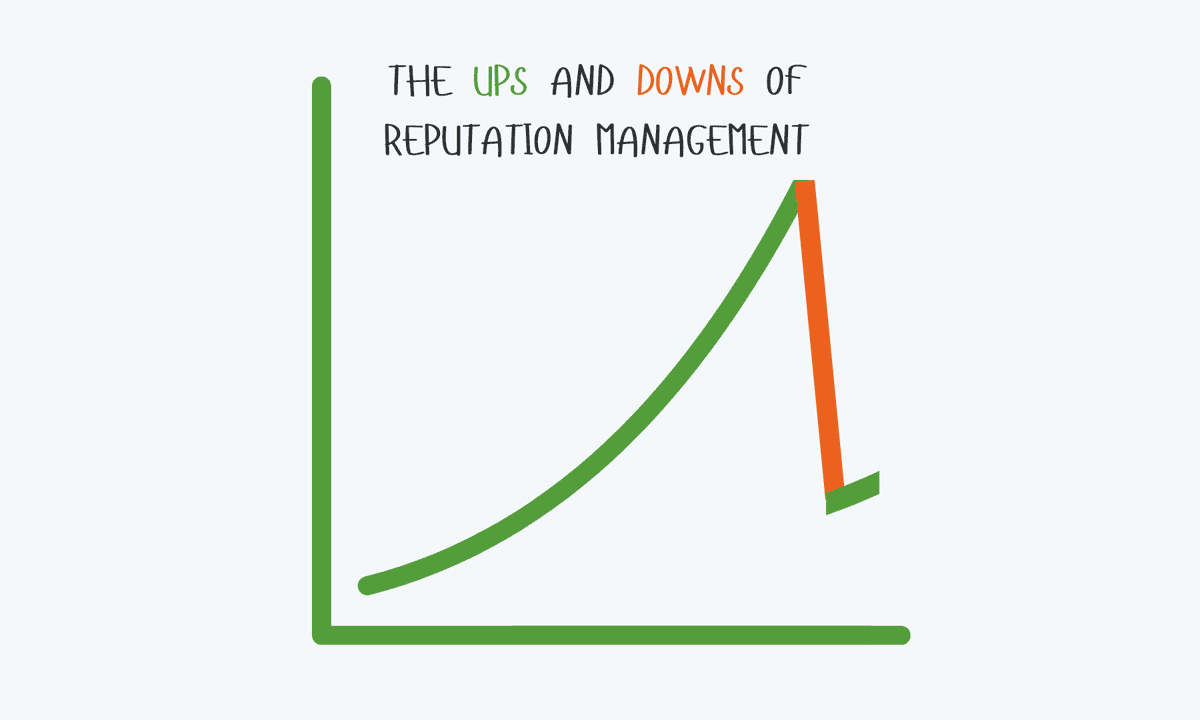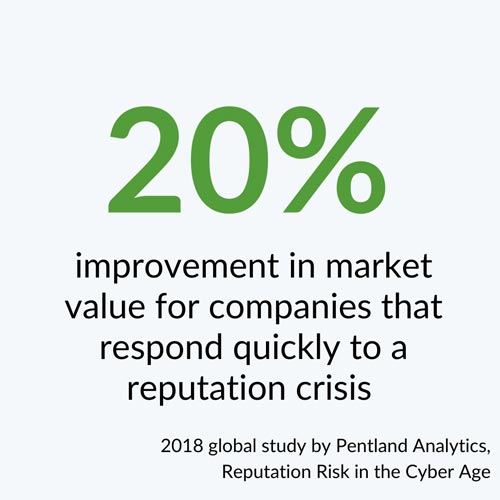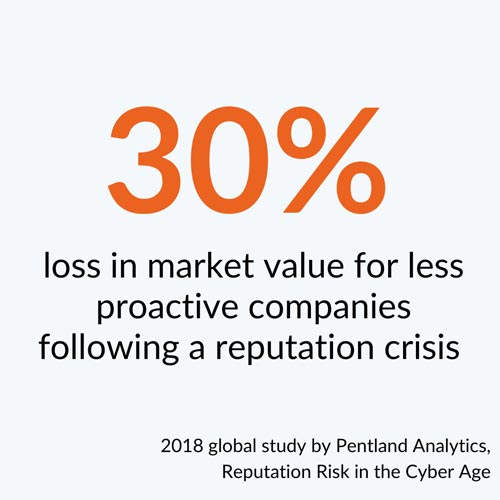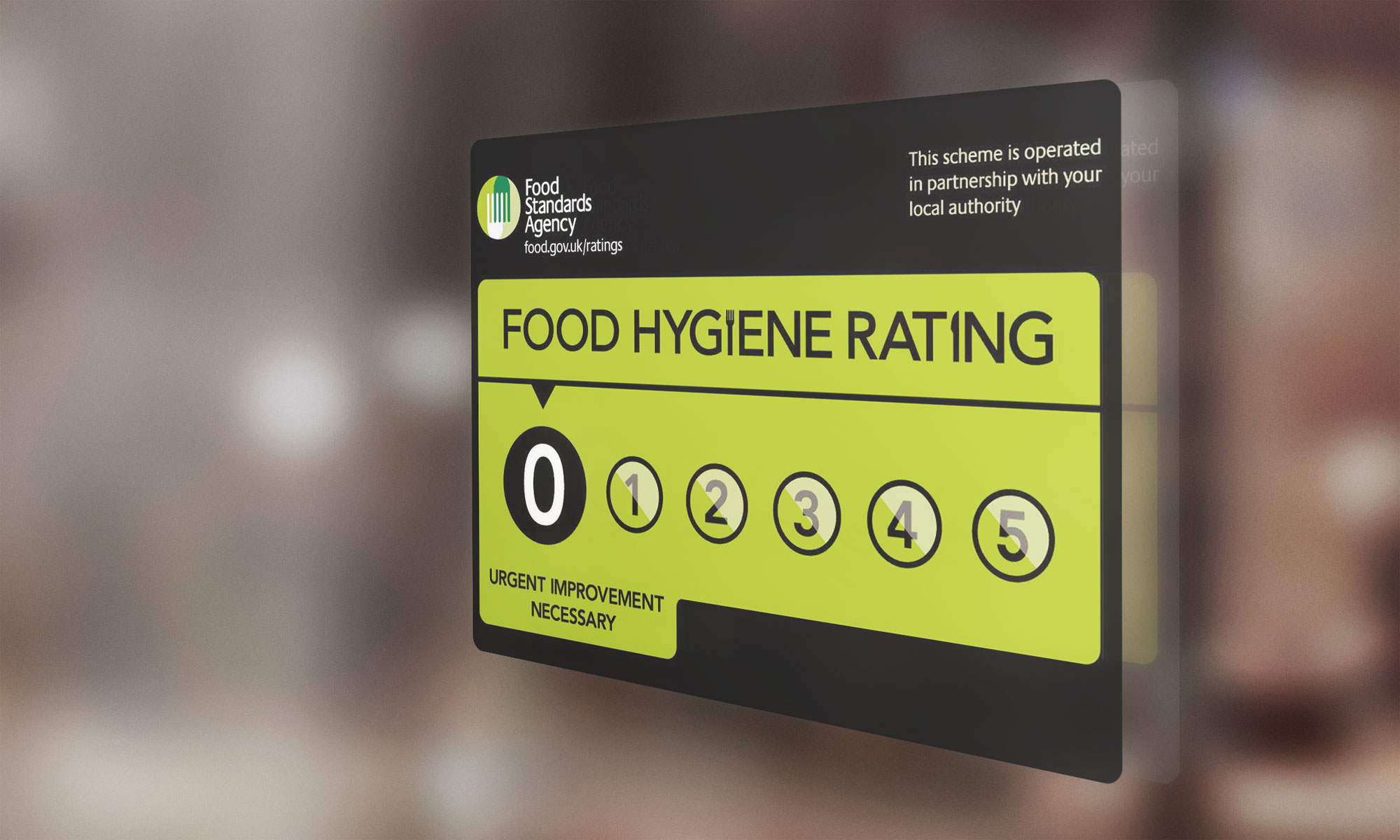A crisis can strike any business at any time.
Whether it’s a PR mishap, a data breach, or an operational failure, how you
handle the situation can make or break your reputation and have a dramatic
financial impact.
That’s where crisis communications come into play.
It involves preparing for and responding to unexpected events that could harm your organisation’s reputation. It’s about delivering clear, consistent and timely messages to everyone you need to talk to from employees to customers to the public.
But do you really need it?
● Is your business really likely to face a crisis?
● Will it even get media/social attention?
I say, yes. Every business needs to prepare for a crisis.
Here’s how it will help:
● Protect your reputation: a well-managed crisis can defend and even enhance your brand’s reputation.
● Maintain trust: keeping people informed shows transparency and builds trust.
● Minimise impact: quick, strategic responses can mitigate the negative effects of a crisis.
● Ensure continuity: effective communication helps maintain business operations and morale during turbulent times.
In uncertain times, having a solid crisis communications plan isn’t just an option – it’s a necessity.
Is your business prepared to handle the unexpected?










